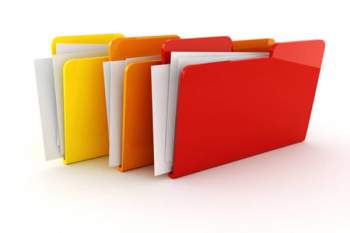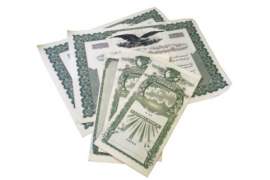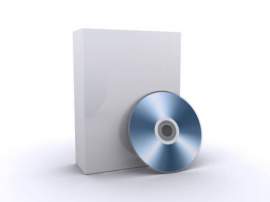
Budget Planner

A budget planner is a tool, usually in the form of computer software that permits an individual, family, or business to see what their expenses are, plan for the future and retirement, and manage their budget to reduce unnecessary costs.
Most people have a basic grasp of what their spending habits are but at the end of the month they often wonder where certain money has gone to. Where most people take into account large expenses like rent, utilities, car payments, and alike they often neglect to include minor daily expenses that add up over time. They will neglect to include the daily $2 cup of coffee on the way to work and then wonder where the $60 went at the end of the month.
A budget planner will help an individual maintain all their expenses, including minor ones that get lost in the shuffle. Many good budget planning tools divide budgets into weekly, monthly, and yearly expenses.
When using a budget planning tool the first step is usually to input data from your daily expenses over a period of time. This will give the budget planner the opportunity to compile information on your basic spending habits. Over time the budget planner will have a collection of your regular expenses, regular income, cash assets and even your savings goals.
Your budget planner should start with your stable data. This includes all stable income from your salary and other stable interest bearing assets such as bonds, income from rental property, and other cash inflow that is consistent over the month. You should then have all data relating to expenses that are stable. This includes rent, car payments, insurance, phone bill, cable bill and any others that will stay the same over a period of time.
Once all this information is gathered you will know how much money you should have left over at the end of the month to spend and save on variable expenses. It is then that you will divide what is left of your monthly income into budgeting sections. This will include a utilities budget, entertainment budget, food budget, etc. A good budget planner will also set aside a category for unexpected expenses such as car repairs.
When you are first using your budget planner it is important to include all your expenses on a daily basis. Although a certain expense may seem trivial, or random, to you; by compiling the data on a daily basis over the course of a couple of months you will be able to find what expenses are trivial and which add up over time. Before you use your budget planner you may not realize what you’re spending or what you’re spending it on. A budget planner is a great tool for saving money and can help you eliminate unnecessary expenses that you didn’t even know you had.
NEXT: Budget Worksheet




















